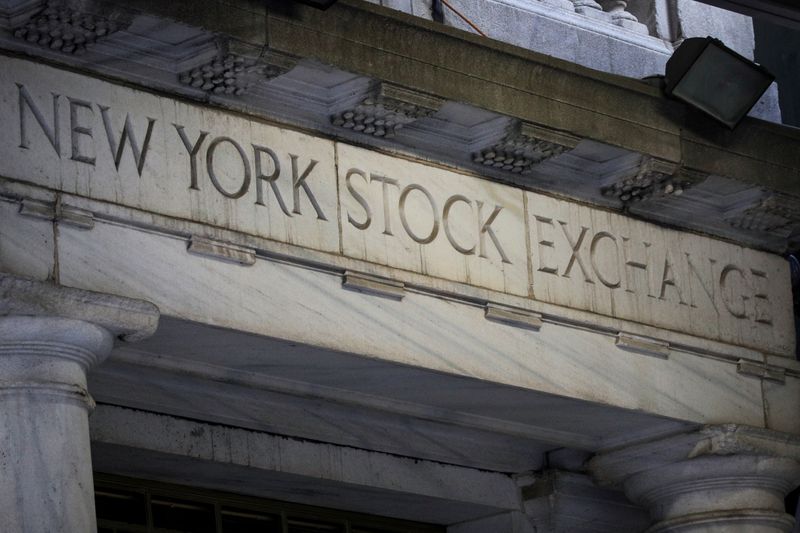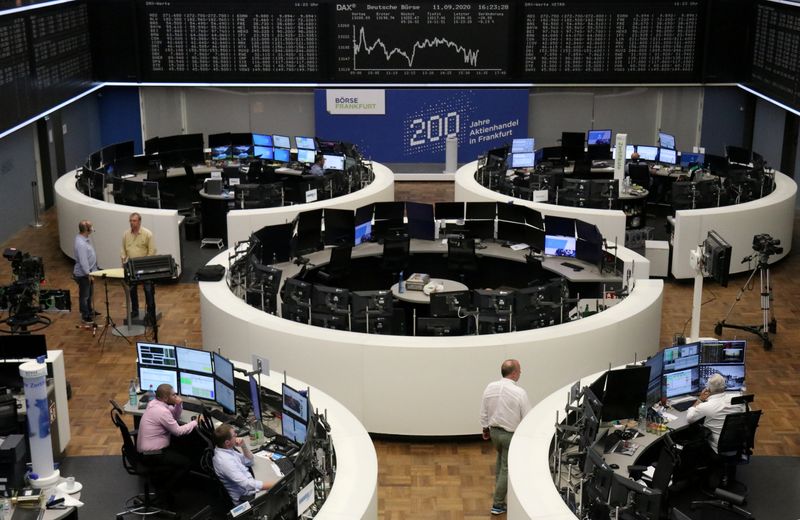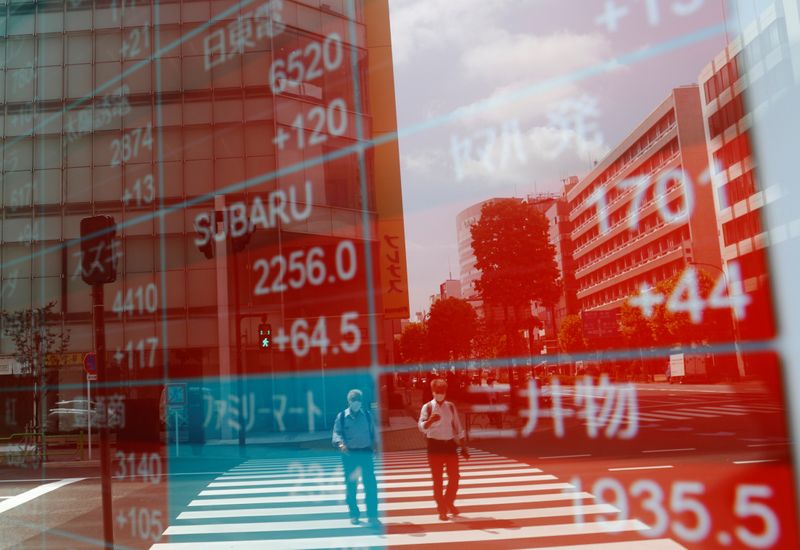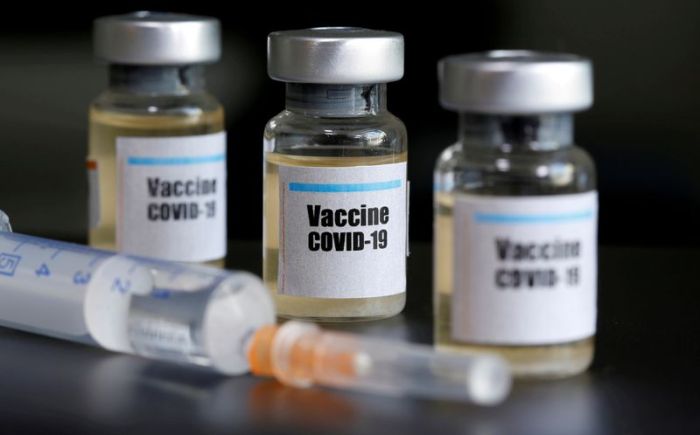NEW YORK (Reuters) – Stocks across the world hit their lowest in seven weeks and other risk assets also sold off on Monday on concerns over renewed lockdown measures in Europe and Britain, as well as the United States’ inability to agree on fiscal stimulus that would support millions of unemployed.
Oil prices fell more than 3%, the dollar rose against a basket of peers and an index of emerging market currencies fell by the most in six months. The MSCI world equity index, which tracks shares in 49 countries, ended at its lowest since Aug. 3.
Britain is considering a second national lockdown as new cases rise by at least 6,000 per day while Denmark, Greece and Spain have introduced new restrictions on activity. Germany’s health minister said rising new infections in countries like France, Austria and the Netherlands are worrying.
Adding to the market’s nervousness, the U.S. presidential campaign was upended late Friday after U.S. Supreme Court Justice and liberal icon Ruth Bader Ginsburg died. President Donald Trump said he would announce his candidate to replace her, which requires Senate confirmation, by the end of this week.
Ginsburg’s death also decreases the chances of Congress passing another stimulus package to help lift the domestic economy.
“It just kind of crowds out the agenda, the idea that we are going to get a fiscal stimulus package before the election,” said Ed Campbell, portfolio manager and managing director at QMA in Newark, New Jersey.
“There is also just general election-related jitters… and possibly that we have a contested or delayed outcome.”
The U.S. presidential election will be held on Nov. 3.
The Dow Jones Industrial Average <.DJI> fell 509.72 points, or 1.84%, to 27,147.7, the S&P 500 <.SPX> lost 38.41 points, or 1.16%, to 3,281.06 and the Nasdaq Composite <.IXIC> dropped 14.48 points, or 0.13%, to 10,778.80.
The pan-European STOXX 600 index <.STOXX> lost 3.24% and MSCI’s gauge of stocks across the globe shed 1.63%.
Emerging market stocks lost 1.64%. MSCI’s broadest index of Asia-Pacific shares outside Japan closed 1.26% lower.
Japan has public holidays on Monday and Tuesday this week, meaning volumes are expected to be thin in Asian trading.
Markets were also hit by a media report on how several global banks moved large sums of allegedly illicit funds over nearly two decades.
The S&P banking subindex <.SPXBK> fell 3.4%.
‘CONCERNS RISING’
The dollar rose on Monday after two weeks of declines as investors sought safer currencies.
“An unrelenting rise in coronavirus cases globally is weighing on sentiment at the start of the trading week as investors increasingly question their rosy predictions about the recovery,” said Raffi Boyadjian, senior investment analyst at online broker XM.
The dollar index <=USD> rose 0.609%, with the euro <EUR=> down 0.57% to $1.177.
The Japanese yen weakened 0.09% versus the greenback at 104.68 per dollar, while Sterling <GBP=> was last trading at $1.2816, down 0.77% on the day.
Seven members of the Fed will speak this week, including Chairman Jerome Powell appearing before congressional committees, and investors will be looking for hints to determine the dollar’s direction.
Crude oil followed equity markets lower.
“We’re looking for a much softer market,” said Gary Cunningham, director of market research at Tradition Energy in Stamford, Connecticut. “The economic picture doesn’t look as rosy as it did before.”
U.S. crude <CLc1> fell 3.53% to $39.66 per barrel and Brent <LCOc1> was at $41.75, down 3.24% on the day.
Benchmark 10-year notes <US10YT=RR> last rose 8/32 in price to yield 0.6691%, from 0.694% late on Friday.
Spot gold <XAU=> dropped 1.9% to $1,912.19 an ounce.
(Reporting by Rodrigo Campos; additional reporting by Jessica Resnick-Ault, Chuck Mikolajczak, Herbert Lash and Sinéad Carew in New York, Ritvik Carvalho in London and Devik Jain and Shreyashi Sanyal in Bengaluru; Editing by Dan Grebler)



























